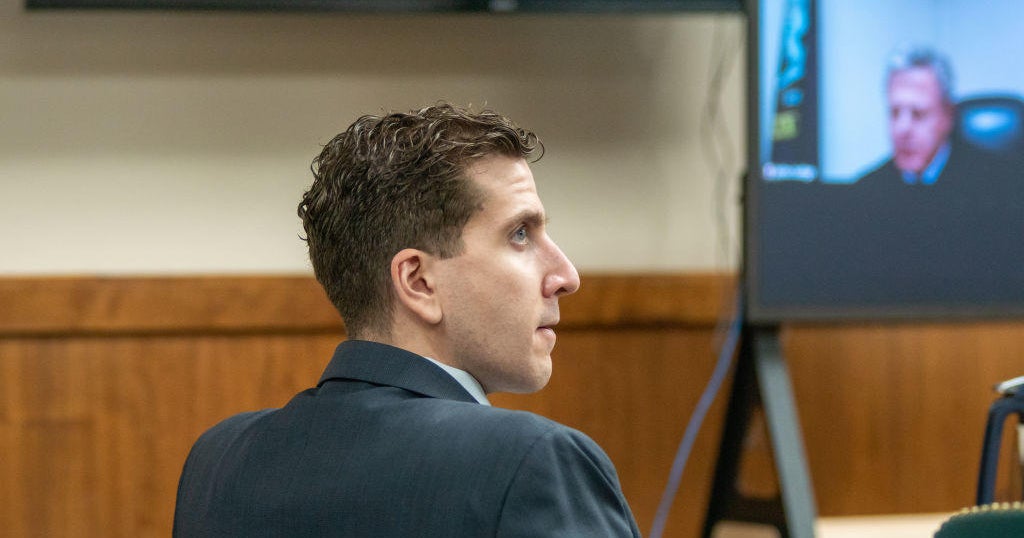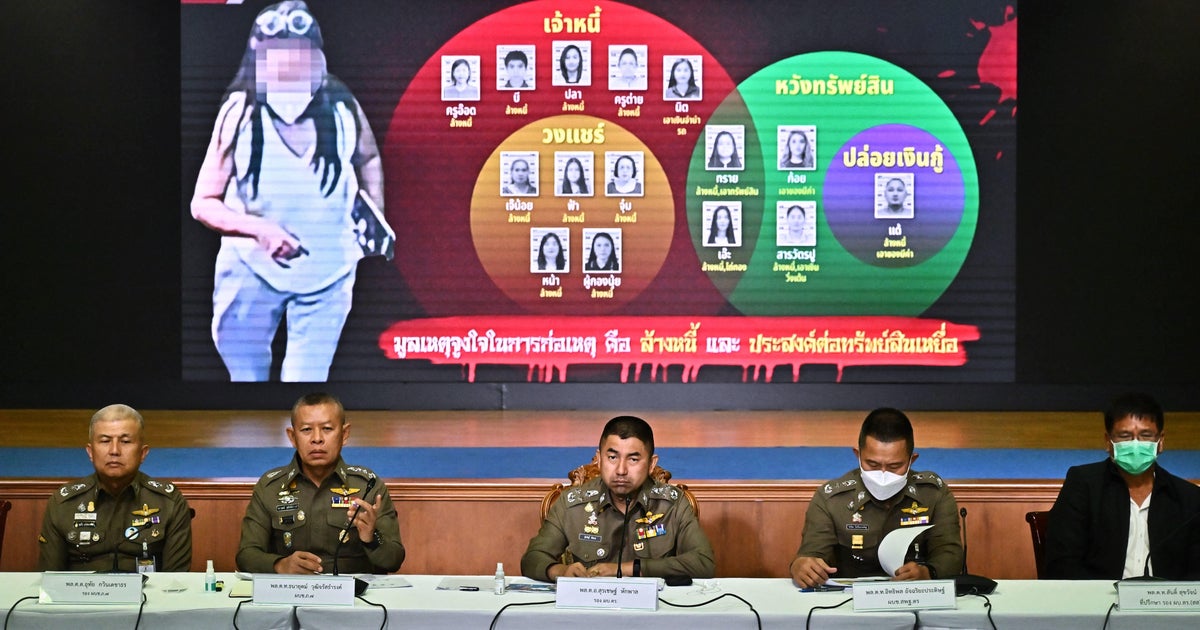John Grisham, Jim McCloskey put a spotlight on wrongful convictions amid controversial Texas case
The case of Robert Roberson is putting a new spotlight on the death penalty.
Roberson was convicted of killing his daughter in 2002, based on a disputed diagnosis of shaken baby syndrome. He maintains his innocence. Roberson, who was set to be executed last week until the Texas Supreme Court temporarily halted it, would have been the first person put to death for a shaken baby syndrome conviction.
New York Times bestselling author John Grisham testified about the case on Monday in Texas. Now, he's calling for an end to the death penalty in the U.S.
"He (Roberson) was convicted of shaking her to death in Texas using some outdated, old science that was used and popular 20 to 30 years ago," Grisham said of Roberson's case.
Grisham, along with Jim McCloskey, who founded a nonprofit organization called Centurion Ministries to help free innocent people, recently released a book called "Framed: Astonishing True Stories of Wrongful Convictions." The book focuses on 23 defendants caught in a web for something they say they didn't do.
One of the cases featured in the book is that of Clarence Brandley. He was a janitor supervisor at Conroe High School, which is about 50 miles north of Houston, McCloskey said.
In 1980, Brandley, a Black man, discovered the body of a White 16-year-old girl who was visiting as part of a volleyball team in the loft above the school's auditorium. She had been raped and strangled.
"Don't ask me why, but the police said because he found the body, and the fact that he's African American … he's the only suspect," McCloskey said.
A Texas ranger was called in to consult on the case three days after the crime occurred, McCloskey said. Soon after, McCloskey said, Brandley was arrested for capital murder. He was sentenced to death, but his conviction was later overturned after spending nearly 10 years in prison. In 2018, Brandley died of pneumonia.
"There have been 3,600 exonerations in the U.S. since 1989. In my understanding, there has not been one public inquiry about any single conviction," McCloskey said.
His organization, Centurion Ministries, is responsible for 70 exonerations.
Grisham blames wrongful convictions on law enforcement having tunnel vision.
"They're under enormous pressure to solve the crime, to clear the case, to get the conviction, and that bleeds over to the prosecution … Once they zero in on a suspect, they ignore all contrary evidence," he said.




